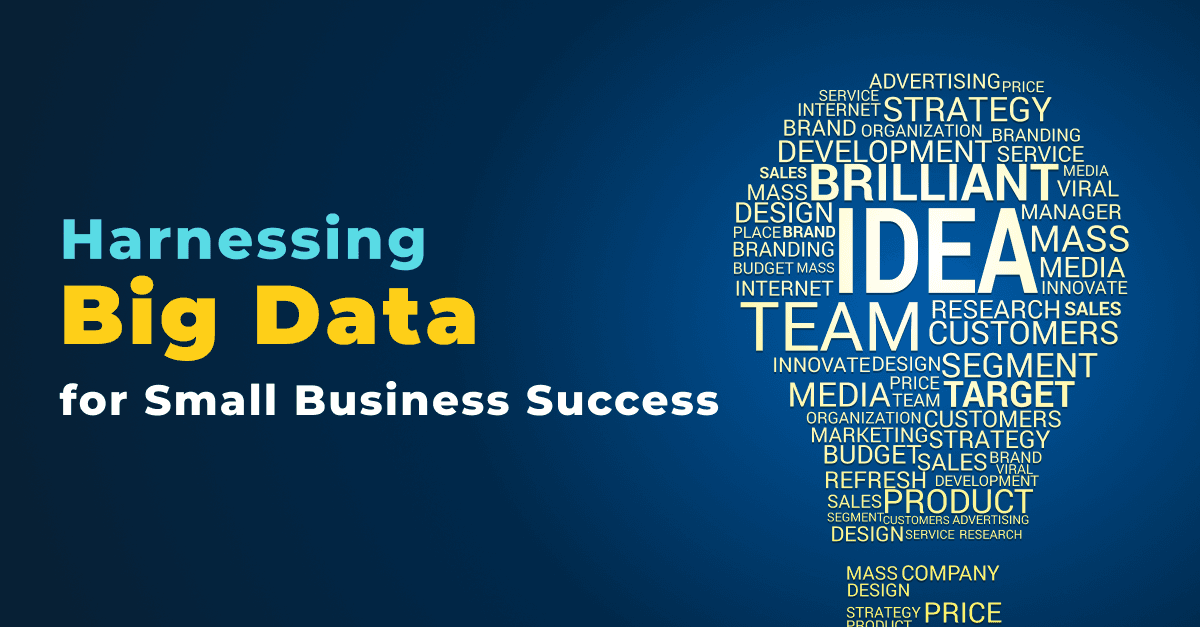

Loading

Loading

Harnessing Big Data for Small Business Success
In today’s data-driven world, big data is no longer just a tool for large enterprises. Small businesses are also leveraging big data to gain valuable insights, drive strategic decisions, and enhance their competitive edge. By harnessing big data, small businesses can make informed decisions, optimize operations, and create personalized customer experiences. Here’s how small businesses can effectively use big data to achieve success.

1. Understanding Big Data
2. The Value of Big Data for Small Businesses

3. Key Applications of Big Data for Small Businesses

4. Implementing Big Data Solutions
Data Collection: Start by identifying the sources of data relevant to your business. Collect data from customer interactions, sales records, social media, and other relevant channels. Ensure that data collection methods comply with privacy regulations.
Data Storage and Management: Choose appropriate storage solutions to handle large volumes of data. Cloud-based storage options offer scalability and flexibility, allowing businesses to manage and access data efficiently.
Data Analysis Tools: Invest in data analysis tools and software that can process and analyze big data. Tools such as data visualization platforms, business intelligence (BI) software, and analytics solutions can help in deriving actionable insights from data.
Data Integration: Integrate data from various sources to create a unified view of your business. Data integration helps in combining different datasets, enabling comprehensive analysis and more accurate insights.
Hiring Expertise: Consider hiring or partnering with data experts or analytics professionals who can assist in managing and analyzing big data. They can provide valuable insights and help in implementing effective data strategies.

5. Overcoming Challenges
6. Measuring Success
Conclusion
Harnessing big data offers small businesses the opportunity to gain valuable insights, enhance decision-making, and drive growth. By effectively implementing big data solutions, businesses can optimize operations, improve customer experiences, and achieve a competitive advantage. For more information on leveraging big data and to explore how CloudActive Labs India Pvt Ltd can support your data initiatives, visit CloudActive Labs India Pvt Ltd or contact us at [email protected].









Have questions or need assistance? We're here to help! Reach out to us today, and our team will get back to you as soon as possible.